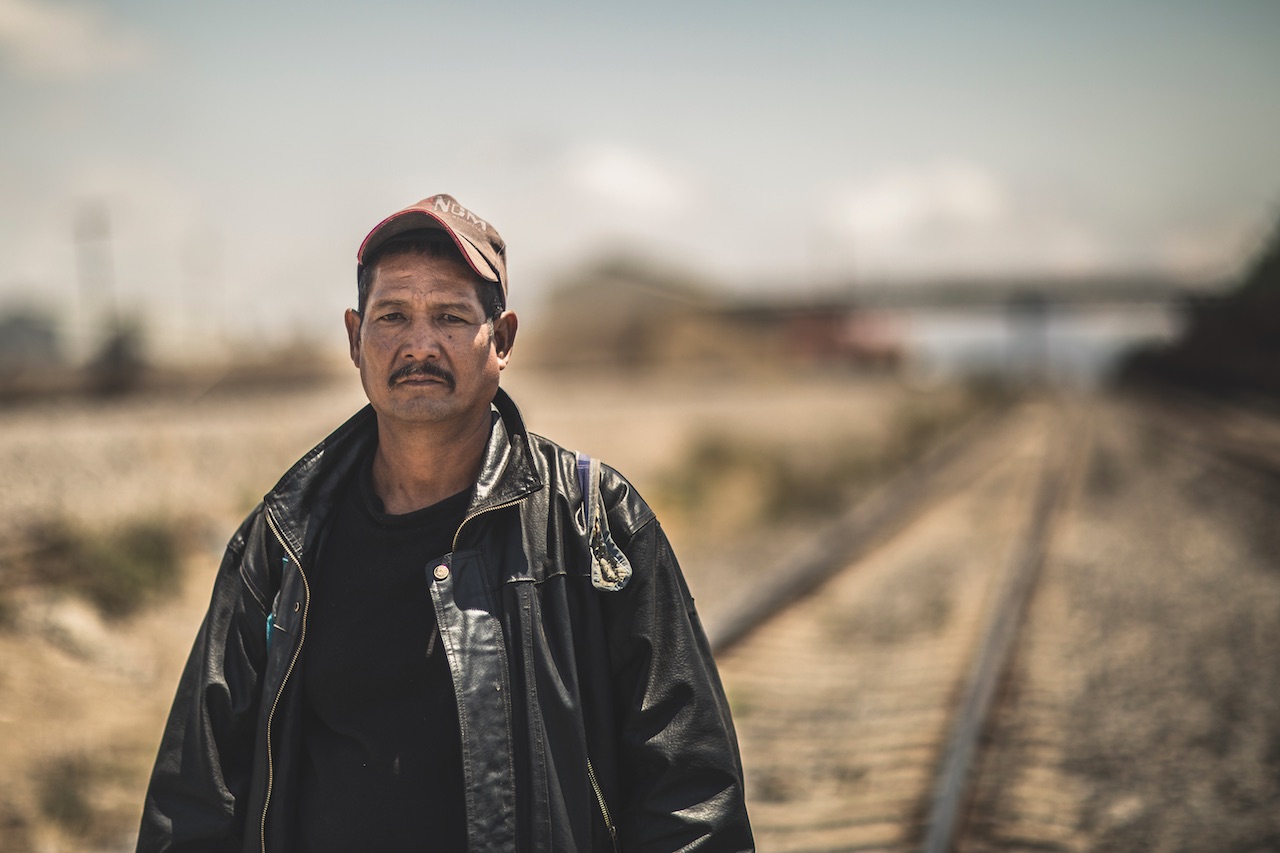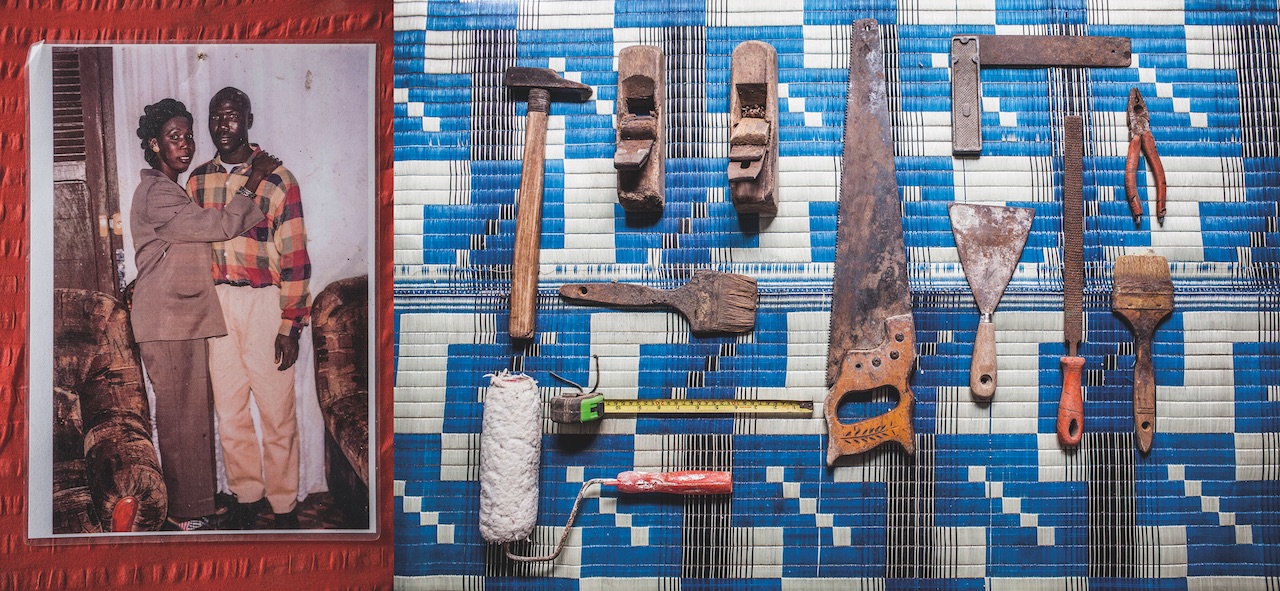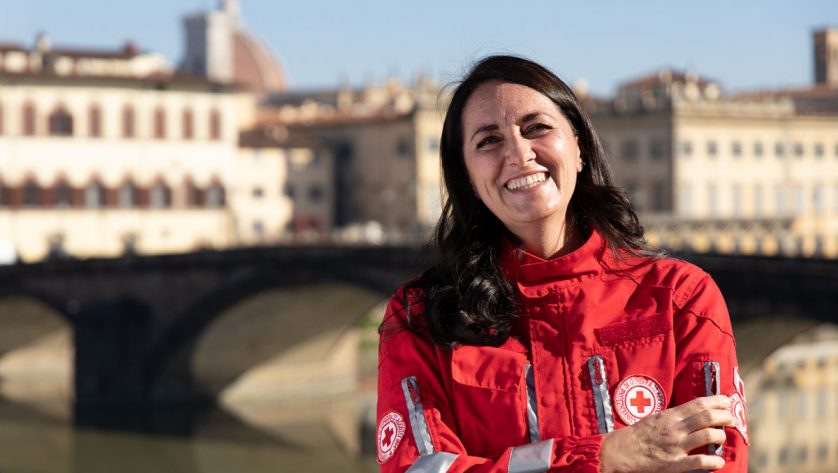Whether travelling by train, road, foot or plane, migrants and asylum seekers often find themselves in extremely vulnerable situations. They can be subject to substandard water and close quarters where they are susceptible to infectious disease. They may feel isolated, depressed, cut off from a home far away. Around the world, Red Cross and Red Crescent National Societies, along with the IFRC and the ICRC, engage with migrants to help them cope with immediate physical and emotional needs, as well as longer-term but equally important goals. The Red Crescent of Azerbaijan, for example, eases the transition of migrants from Afghanistan, South- East Asia and elsewhere by providing free language courses, pre-requisites for work or education. “We also seek to familiarize them with our culture by organizing events and visits to historical sites, museums and theatres,” says teacher and course founder Sona Hajiyeva. The Red Crescent also runs information sessions on first aid, breast cancer, HIV/AIDS, tuberculosis, malaria and healthy lifestyles. Here are a few more examples of what the Red Cross and Red Crescent Movement is doing to protect and help migrants and those they leave behind.
Made of mud walls with plastic sheeting roofs wrapped over bamboo poles, these shelters could not withstand the force of the cyclone’s winds and rain. Possessions and food stocks were also lost to the storm, driving this already marginalized population deeper into crisis.
The Bangladesh Red Crescent Society provided shelter, health services, clean water and sanitation. But even before the storm, Red Crescent volunteers such as Tamjid Hossen Naim were giving psychosocial support to new arrivals. In recent months, the needs in Cox Bazaar have only increased, with estimates on the number of people fleeing Myanmar for Bangladesh exceeding 400,000 by the end of September.
Every day, Niam and other volunteers navigated the muddy paths and hills of Kutupalong settlement to offer psychosocial support and protection services. Listening skills are a critical asset, he says, particularly when dealing with especially vulnerable groups, such as children or unaccompanied minors. Nearly 60 per cent of the new arrivals are girls and boys under the age of 18. “We cannot go to school because in the morning we have to do our chores to help our families,” says a young girl in the Kutupalong settlement.
A significant number of children arriving in Bangladesh are alone or separated from their parents, according to a survey by the Bangladesh Red Crescent. This is of particular concern because of their high vulnerability to physical, sexual and psychological violence, discrimination and social exclusion.
“Both of my parents died in the fighting,” says an 8-year-old boy. “I saw it happen to them. I ran and a man rescued me. He took me with the other people and left me here in this place.”
Photo: Jesús Cornejo/ICRC
 Red Cross Red Crescent magazine
Red Cross Red Crescent magazine 







 Tech & Innovation
Tech & Innovation Climate Change
Climate Change Volunteers
Volunteers Health
Health Migration
Migration